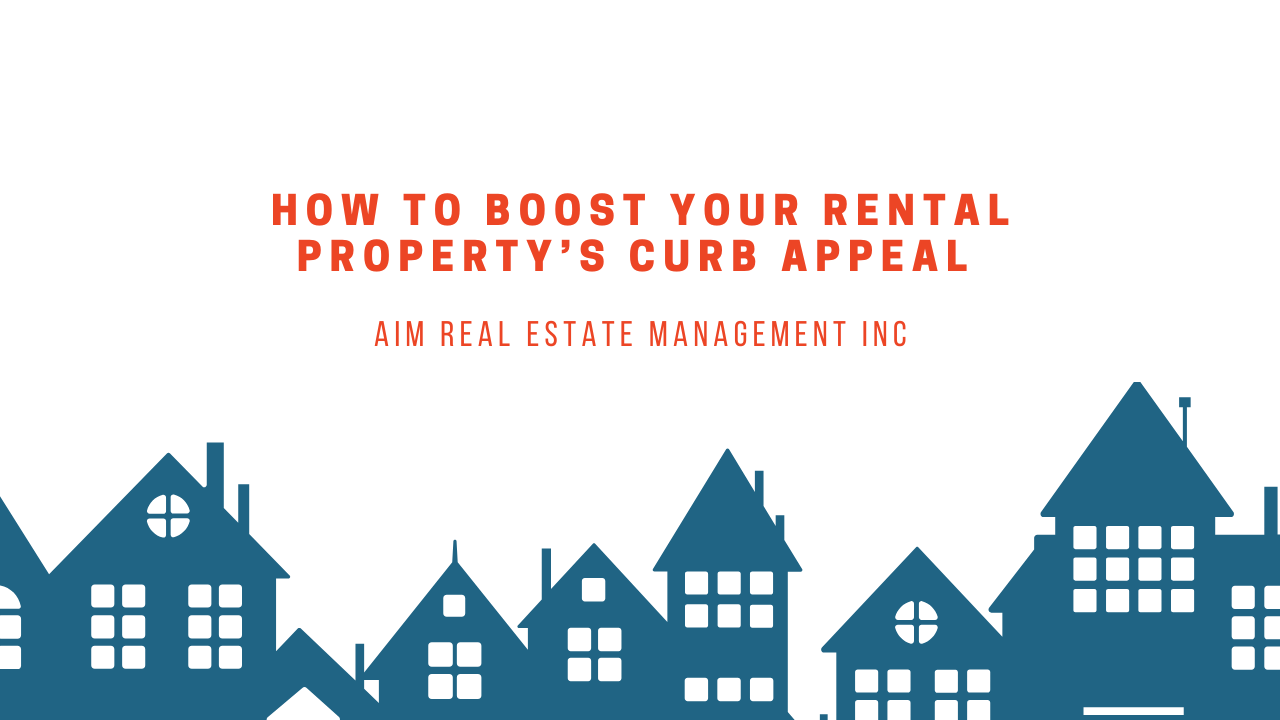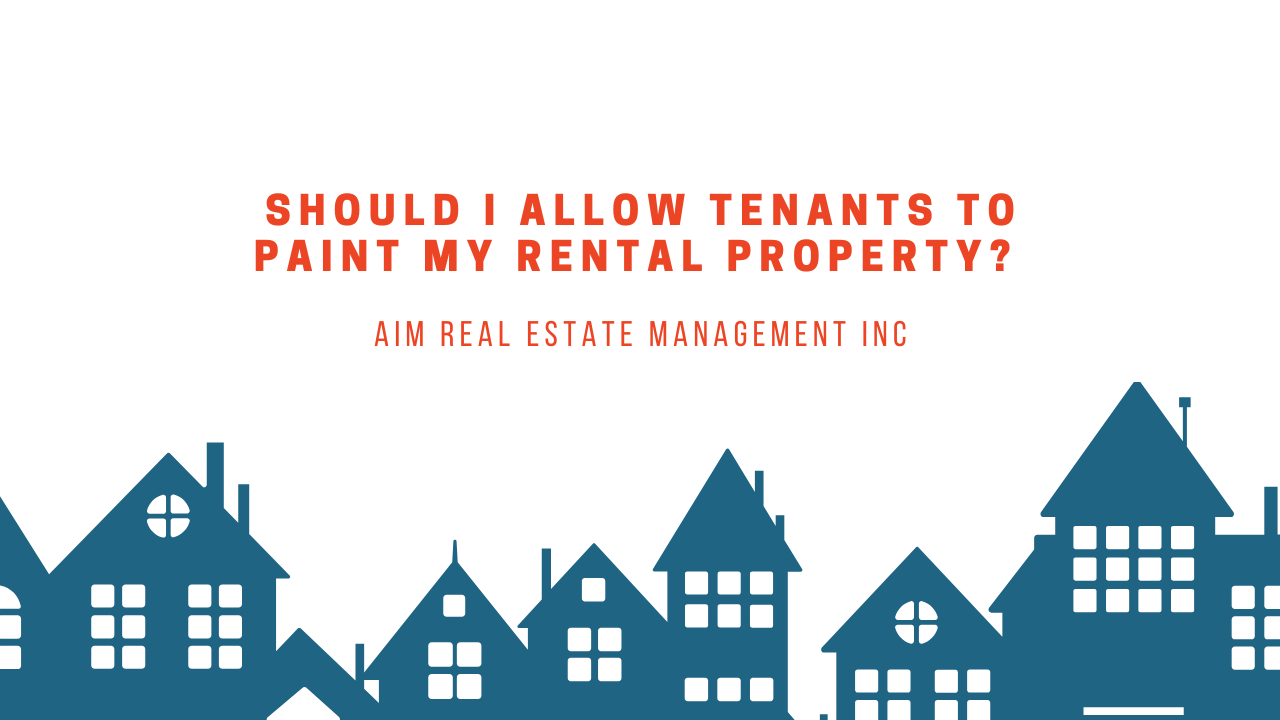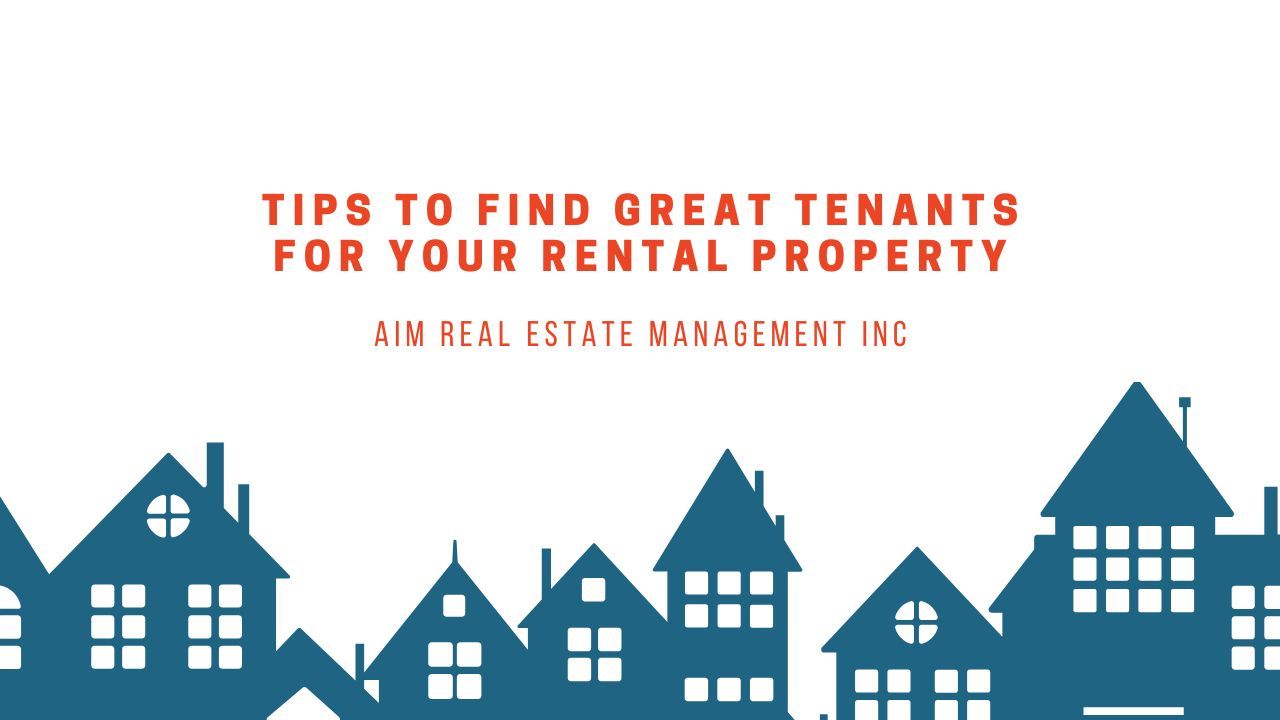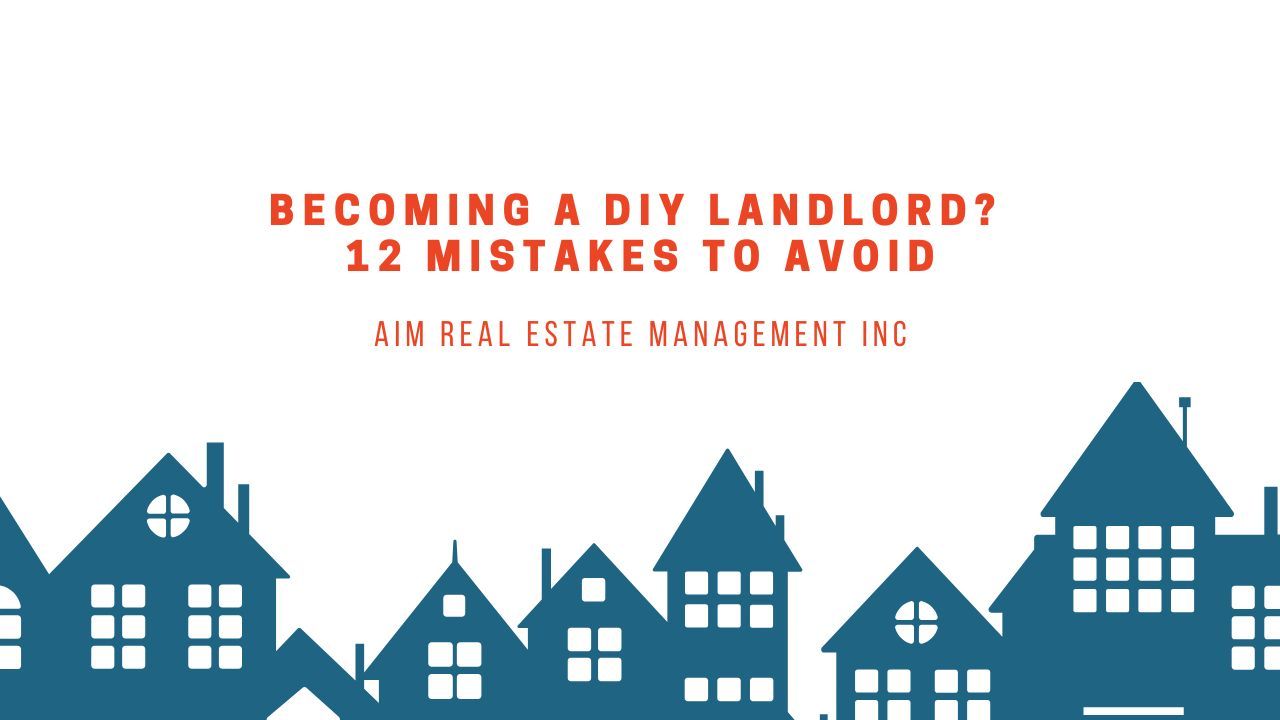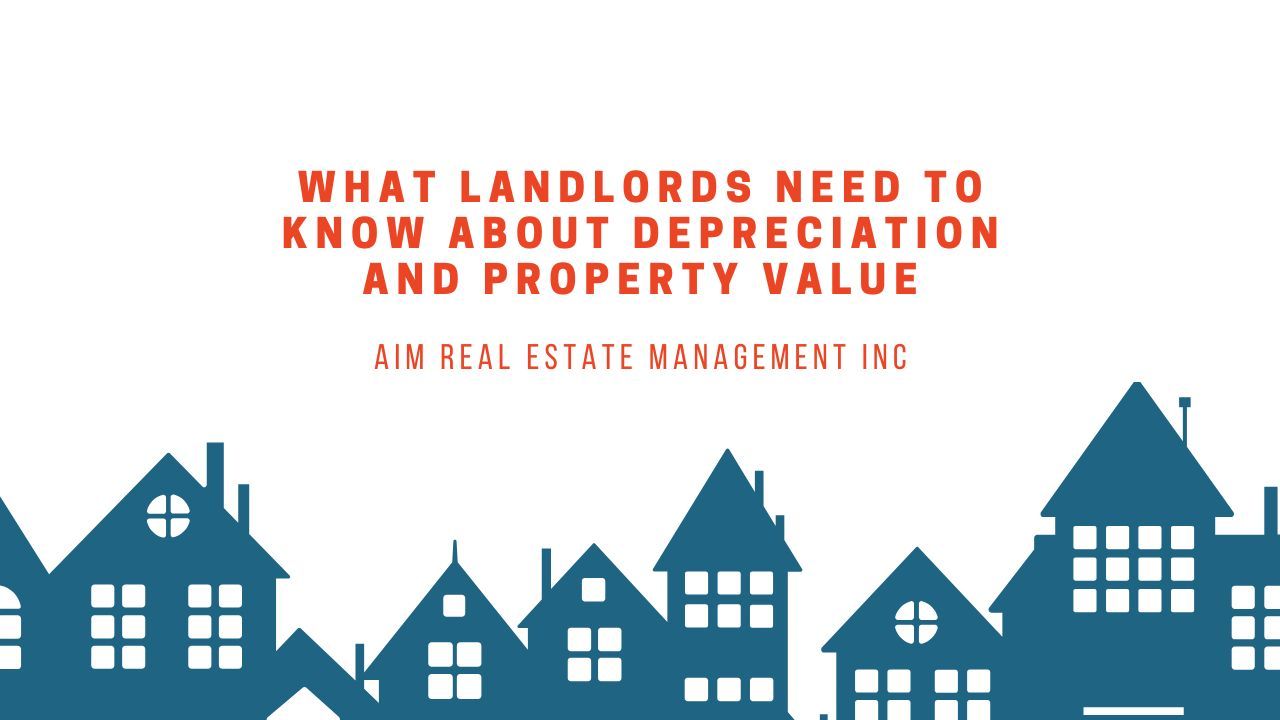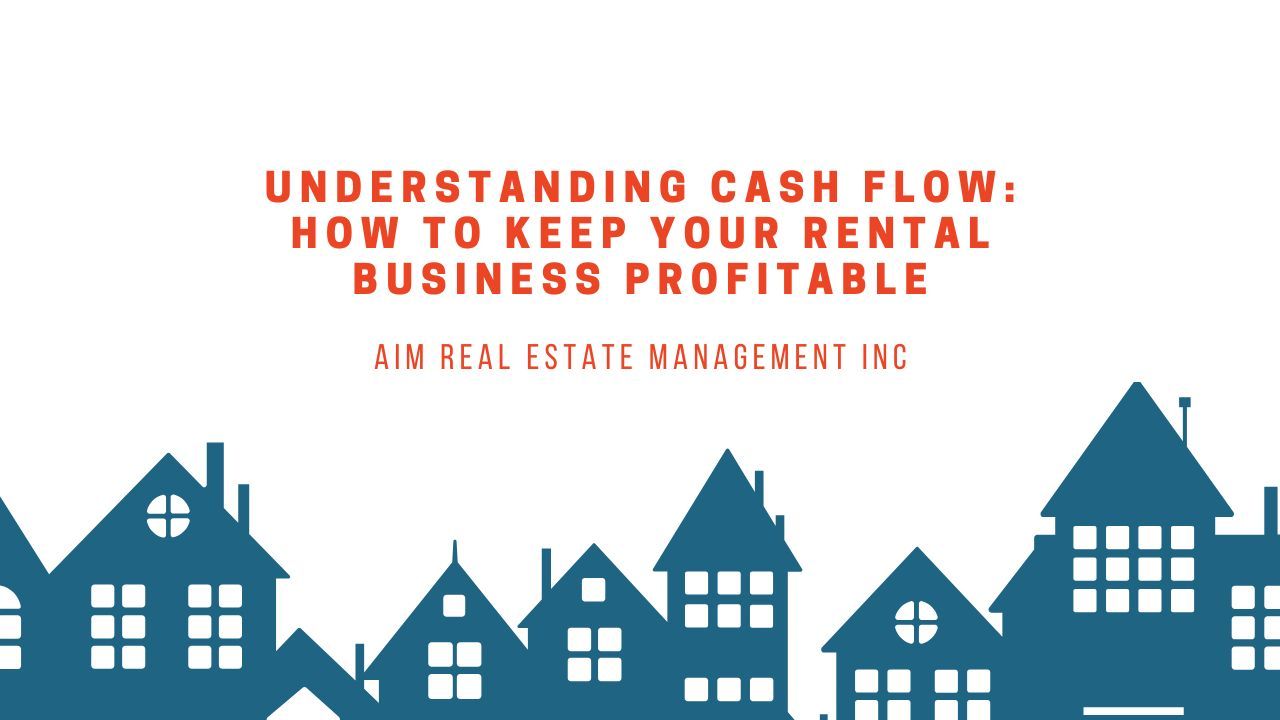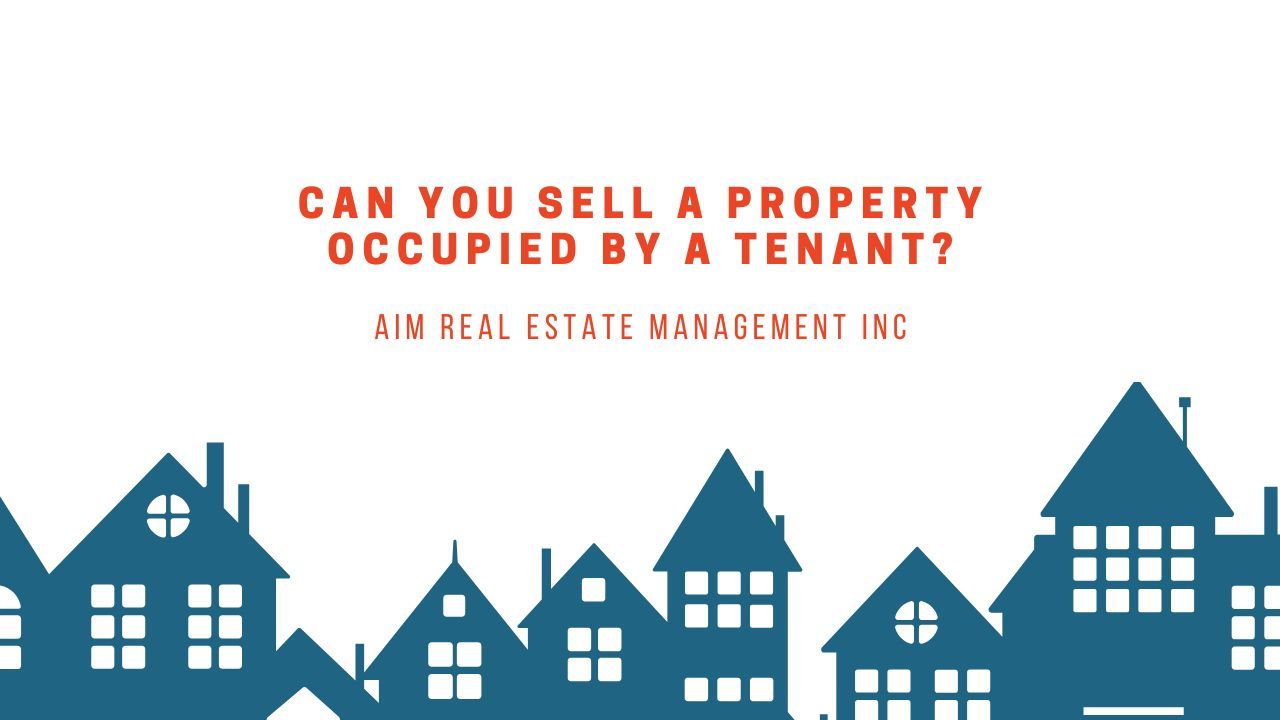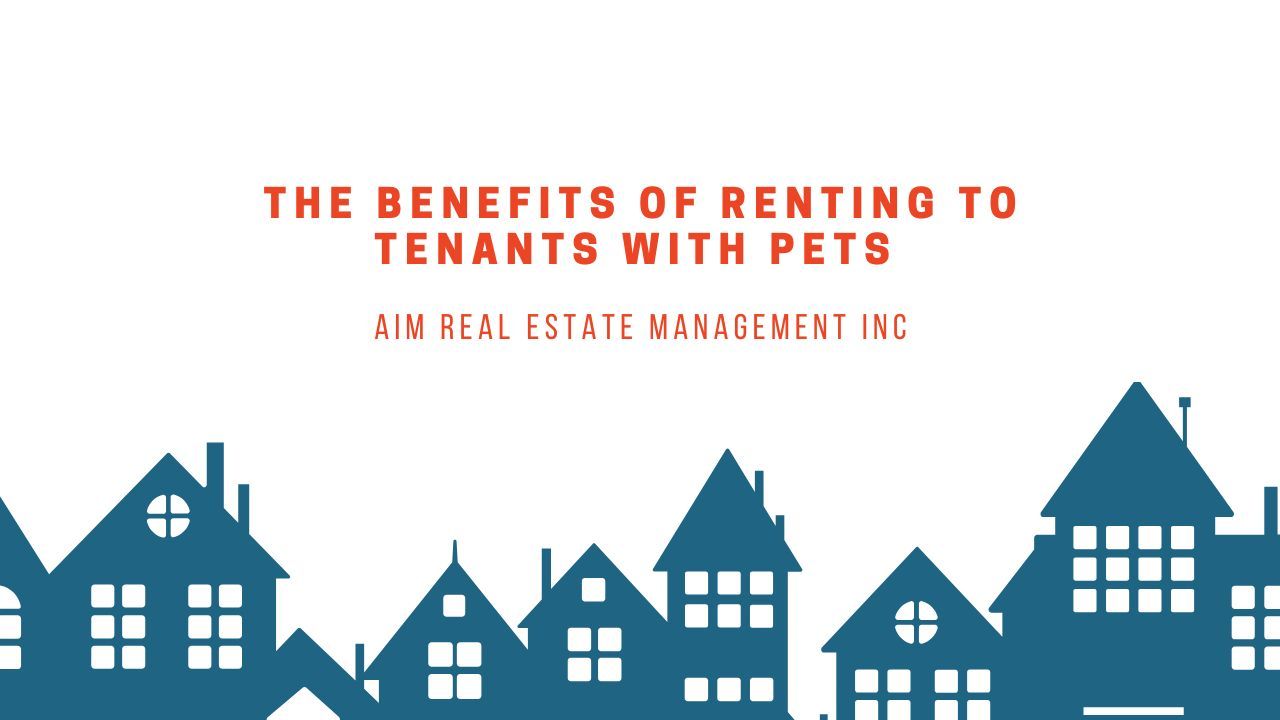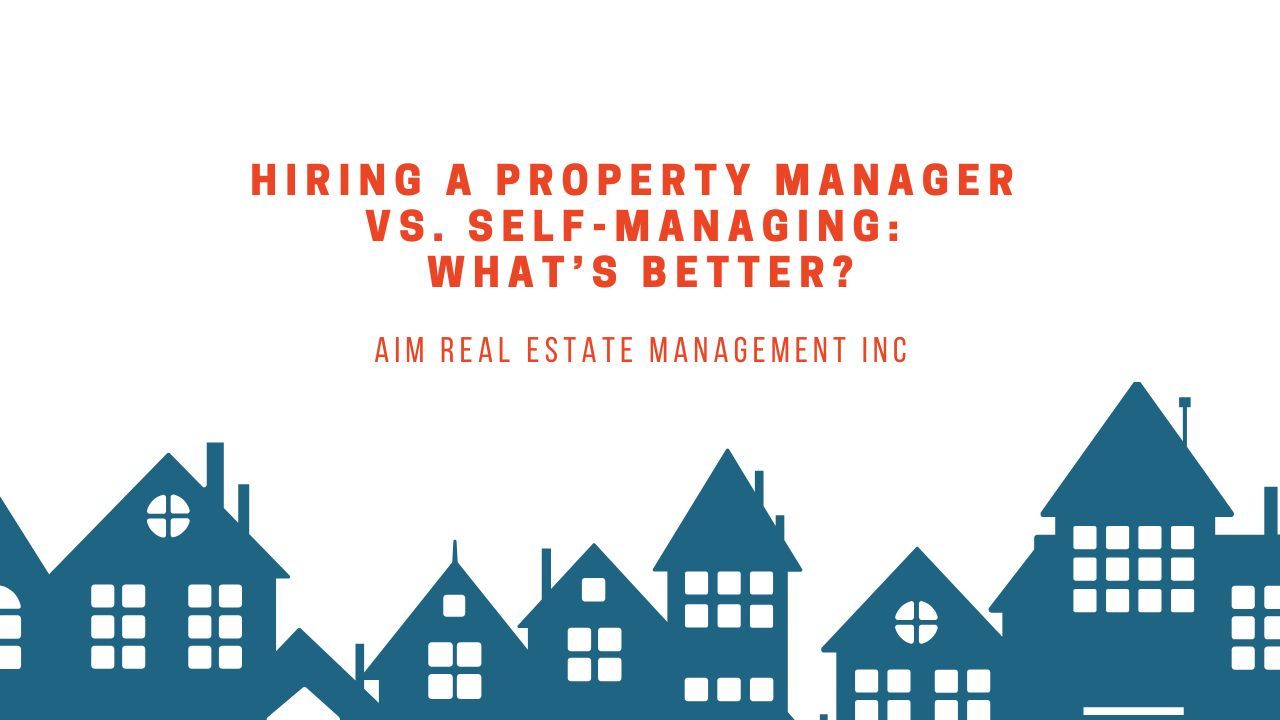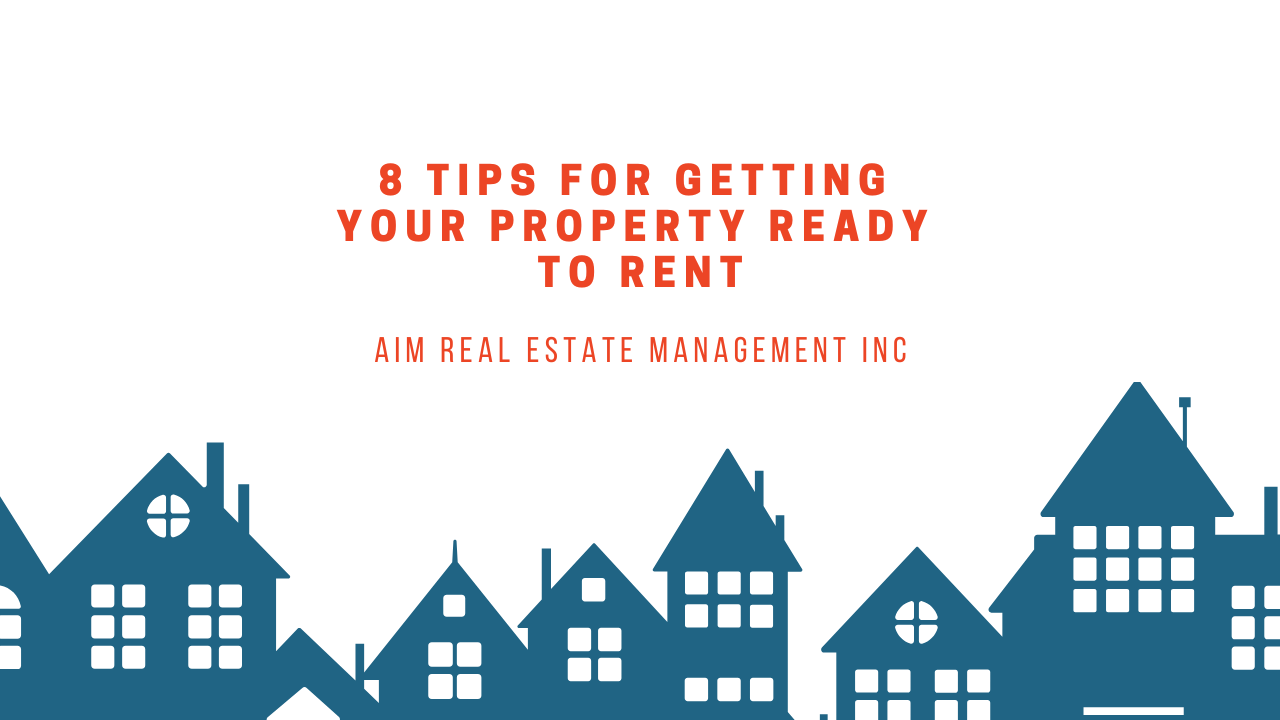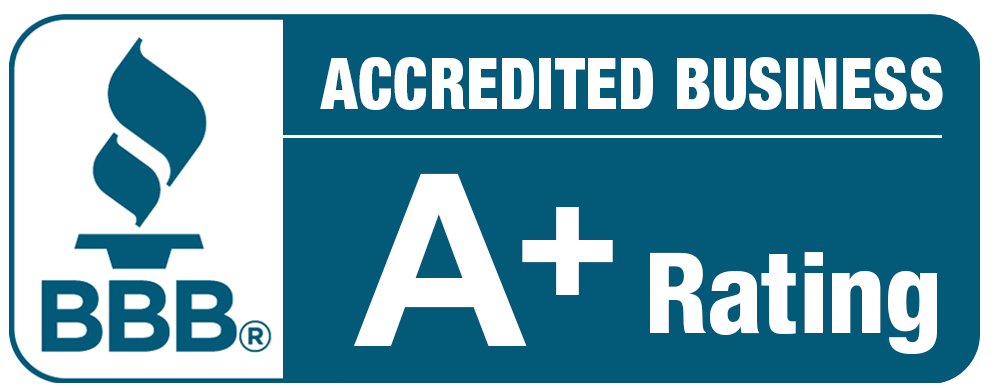A Guide to the Eviction Process in Hilton Head South Carolina
*Please note, The information contained in this site is provided for informational purposes only and should not be construed as legal advice on any subject matter. It is not meant to replace the advice of the law or an attorney.
A South Carolina residential landlord may evict a tenant(s) under certain circumstances according to the law. These include when the tenant fails to make their rent payment on time, violates the terms of the lease or rental agreement, breaks the written rental agreement or engages in illegal activity on the premises.
To evict a South Carolina tenant for any of these reasons, there is a specific process that the landlord must follow. If landlords fail to do so, the eviction may fail, they'll have to restart the process and they may face legal consequences.
Usually, an eviction lawsuit in South Carolina takes anywhere between three and 5 weeks. Landlord Tenant issues are processed by the Beaufort County Magistrate Court.
The eviction process for a landlord in South Carolina includes completing an application for ejectment, including 3 copies of the signed lease or rental agreement (additional for more than one tenant/lease holder), attending court, proving your case.
If you win, the Judge will either then issue tenants a writ or writ on request which will need to be paid for by the tenants and involves the scheduling of the Sheriff to handle the eviction process in South Carolina. During the eviction, movers will need to move items out, locks changed, all in the presence of the police department or law enforcement officer.
It can take even more time if there is a delay in serving the tenant with a summons, or if the tenant requests a jury trial.
Landlords must note that retaliatory or discriminatory evictions against tenants are illegal in South Carolina as they are elsewhere in the country.
The following is the South Carolina eviction process.
Lease Terminations and Eviction Notices
According to the South Carolina eviction process in order to terminate the tenancy of a tenant, you’ll need to serve tenants a written notice. The type of eviction notice to use depends on the reason for the eviction and elements of the lease agreement, page 1, underlined and in all caps.
5-Day Notice to Pay
When a renter does not pay rent or breaks lease agreements, landlords must serve them a 5-Day Notice to Pay. According to South Carolina state law, rent becomes late if a tenant doesn’t pay it within 5 days.

The 5-Day Notice to Pay gives the renter five days to pay the rent or they will be evicted. If the tenant fails to pay the rent, landlords can proceed with the eviction process in South Carolina.
14-Day Notice to Comply
For a tenant who violates the
lease agreement, you must serve them a 14-Day Notice to Comply. This will give the tenant 14 days to cure or correct the lease violation. Examples of breaking the lease agreement where the 14-Day Notice to Comply applies include:
- When the tenant exceeds the rental unit occupancy limit.
- If the tenant causes excessive property damage.
- If the tenant keeps an unauthorized pet on the premises.
This may not be necessary if there is proper disclosure on page 1 of the lease agreement contract, in all caps and underlined.
For violations impacting a tenant’s health or safety, the tenant must fix them immediately. If the tenant doesn’t do so within the appropriate timeframe, you can proceed with the eviction process.
X-Day Notice to Quit
For tenants who overstay their lease, the notice to serve them will depend on the frequency of rent payment. This also applies to tenants without a written lease agreement. For tenants who pay rent on a weekly basis, you must serve them a 7-Day Notice to Quit from your rental property.

And for tenants who pay rent on a monthly basis, you must serve them a 30-Day Notice to Quit. You may then proceed with the eviction if the renter refuses to vacate the property after the notice has expired.
Summons and Rule or Order to Show Cause
In the next step, South Carolina eviction laws require landlords to apply for a Rule, or Order, to Show Cause. You must do this in an appropriate court.
After you’ve completed the application for ejectment process, the court’s clerk will issue you with a
summons, which will need to be served to the tenant. The summons and rule to show cause must be served to the tenant through a process server. The court may handle this as part of your filing the application for ejectment.
This service must be done in any of the following ways:
- Give a copy to the tenant in person.
- Use a commercial delivery service.
- Through certified mail.
- Leave a copy with someone who occupies the rental property together with the tenant.
Unlike some other states, South Carolina law doesn’t address the date when the eviction hearing will occur after the service of the summons.
Court Eviction Hearing and Judgment
Once the tenant has received the summons and Rule to Show Cause, according to South Carolina state laws, they must respond within 10 days. This will give them an opportunity to object to being evicted and explain why they deserve to continue to pay rent your property.

The following are some defenses the tenant may provide in their response.
- The eviction notice provided wasn’t adequate.
- The landlord failed to maintain the rental unit to the required habitability standards.
- The landlord discriminated against them on the basis of race, color, religion, nationality, gender, familial status, or disability.
- The landlord failed to provide them with essential services and utilities.
- The eviction was in retaliation to the tenant exercising any of their rights such as, joining or forming a tenant’s union.
- The tenant remedied their lease violation, but the landlord continued with the eviction process anyway.
- Their landlord made exaggerated claims just to evict them.
- The landlord tried to evict the tenant through means such as shutting down the property’s utilities services, removing the tenant’s personal belongings from the rental, or locking the tenant out of the unit.
Writ of Ejectment
This is the tenant’s final notice to leave the rental unit. It gives them an opportunity to remove any possession from the property before being physically forced to vacate the premises by a constable or
deputy sheriff.
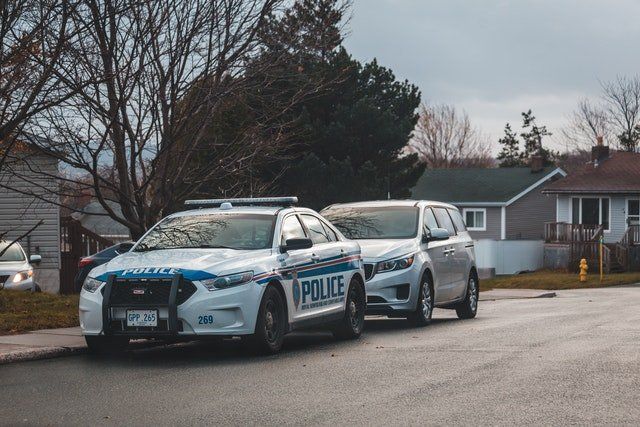
If the ruling is in your favor, then the magistrate will issue you with a writ of ejectment no more than 5 days after the ruling.
Return of Possession
After the writ of ejectment is posted, the tenant will have 24 hours to move out of the unit by themselves. But if they will not, the sheriff will return and remove them from the unit forcefully. The writ of ejectment gives a tenant a maximum notice of 24 hours to move out.
Bottom Line
If you have questions regarding the eviction proceedings in South Carolina or other South Carolina
landlord-tenant laws,
AIM Real Estate Management can help. AIM Real Estate Management is a Bluffton and Hilton Head property management company you can trust.
Our goal is to help reduce the stress landlords and property owners experience when leasing out their investment properties to a new tenant. Among other things, we can help you rent your vacancies, rent to a high-quality tenant, collect any payment on time, and respond to maintenance issues quickly.
Get in touch to learn more about how we can help you achieve your
investment goals!
Disclaimer: This information isn’t intended to be a substitute for professional legal advice. Also, laws change, and this information may not be updated at the time you read it.
